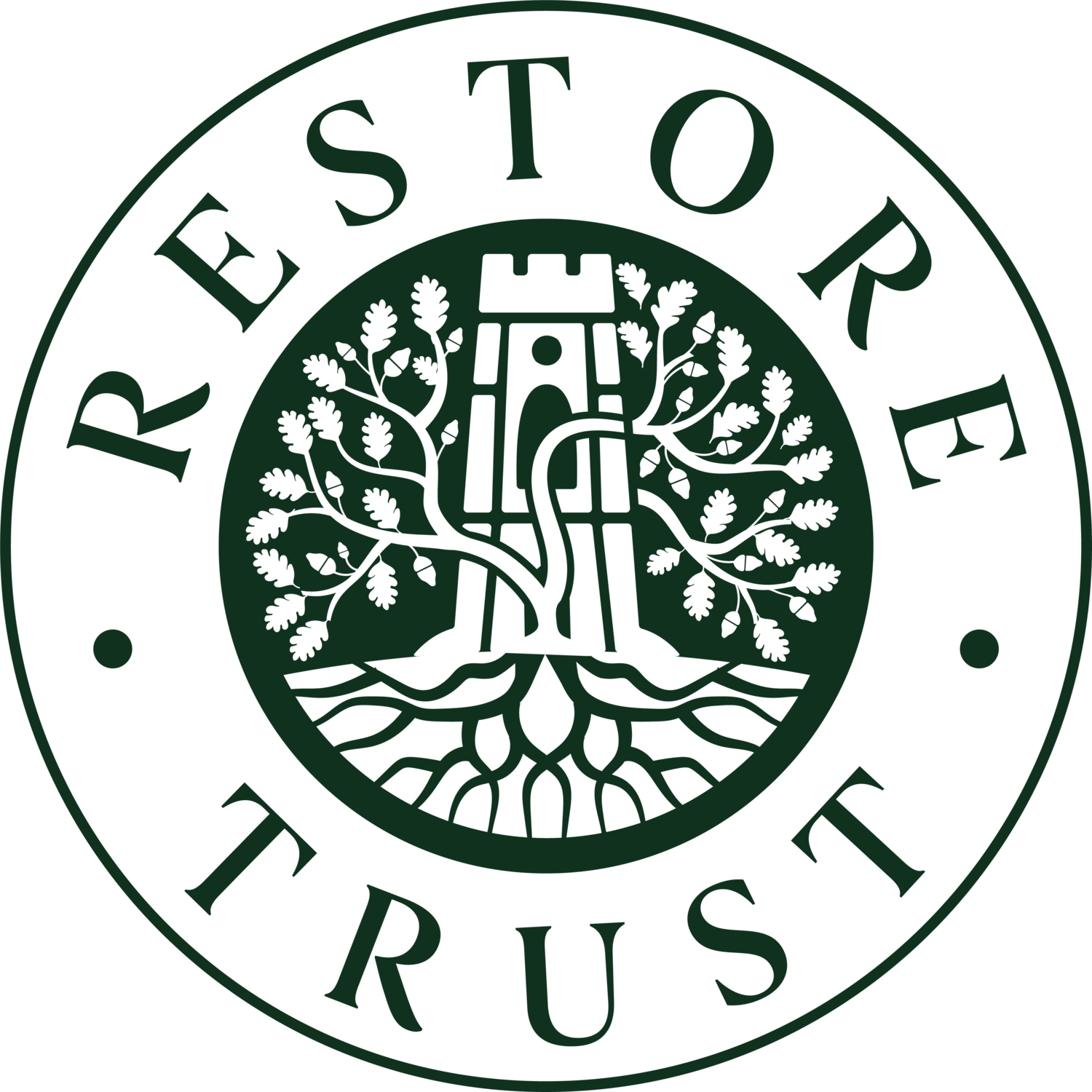National Trust rewilding projects leaves tenants feeling pushed out
Several farming tenants and the Tenant Farmers Association (TFA) are concerned by what they see as the over-zealous way in which the National Trust is taking productive agricultural land back in-hand for rewilding. Farmers Weekly talks to some tenants who have lost the land they have farmed for years.
Marianne Curtis | Farmers Weekly | 27 July 2022
Devon farmer leaves after 28 years
Patrick Greed, who farms on the Killerton Estate in Devon, feels he has “betrayed agriculture” after accepting an incentive from the National Trust to give up his Agricultural Holdings Act (AHA) tenancy after 28 years.
As well as the main 160ha holding he farmed, he had another 60ha of river meadow grazing on a Farm Business Tenancy (FBT).
“The National Trust kept renewing it every five or 10 years, depending upon what environmental stewardship schemes we were in,” he says.
“Most recently, we had been in Higher Level Stewardship and once that ended, they decided to take it back for tree planting, scrapes and rewilding.”
Loss of this land meant 61-year-old Mr Greed had to reduce his Limousin suckler herd. “We had 550 head (cows and followers) before we lost the river meadows. Now we have 340.”
With it becoming increasingly difficult to farm the land productively, alongside TB risks and greater public use of the land, Mr Greed accepted the incentive to quit and will leave the farm next year.
But he is uneasy about the direction the National Trust is taking.
“It is not reletting it as a farm. It plans to do a lot of tree planting on the main holding. But just over 120ha of it is Grade 1 and 2 arable land.
“It [the National Trust] even wants to plant trees on some of the permanent pasture. It is wrong. Farmers ought to be producing as much food as possible from this land.”
Mr Greed is not alone. Land agent Kevin Bateman, director of Bateman Hosegood, has come across numerous cases, particularly in the past two years, where the National Trust has taken back tenanted land for rewilding and tree planting.
“It feels like re-enactment of the Highland clearances – a land grab,” he says.
Typically, tenants are finding that their FBTs, which have been historically renewed, are being taken back in-hand, which is significantly affecting the viability of some businesses.
“And some tenants with AHA tenancies are being offered cash incentives to give them up too, says Mr Bateman.
“The policy feels like it is financially driven, with the trust targeting big grants for landscape-scale nature recovery at the expense of its tenanted farms.
It sees this as a way of creating significant income for itself. However, it does not understand the implications for the farming businesses and family homes that it is effectively destroying,” he explains.
“The way it is doing this suggests that it has complete contempt for the farmers who have farmed the land for generations.”
Cornwall farmer feels ‘destroyed’
When Tom Hasson, 42, and his partner Becki Prouse, 37, took on the 220ha mixed farm FBT in Stowe Barton, Cornwall seven years ago – having farmed 60-80ha of it for 14 years – they fully expected to continue.
“When we took it on, the National Trust said it wanted to let it to a young farming family like us. In June last year, we went with a proposal to renew our Mid-Tier stewardship and tenancy,” says Mr Hasson.
“So it came as a bombshell when the trust said it had different plans for the premises. It wanted to take all the land back and create a nature reserve with agricultural production as a ‘by-product’ rather than the main aim.”
At their last meeting, the National Trust suggested running 50 head of cattle over 220ha on a year-to-year grazing licence.
“But there would be no security and how could we get an income when they would be taking the payments? Our plans are up in the air,” says Mr Hasson.
“It has totally destroyed us and upset the kids.” Ms Prouse agrees: “There is no recognition of what we have done. I feel empty.”
Devon farm goes to public access
Echoing this sentiment is Tim Jankins, who came out of his 180ha mixed farm FBT on the South Devon Estate, near Plymouth, in November last year.
“We were there for 25 years. The National Trust approached us in 2018 when our tenancy was up for renewal and said we couldn’t renew it on the previous terms,” he says.
“It wanted a large amount of public access, and to rewild some of it.
“My gut reaction told me to get out. I’d put a lifetime’s savings into it and I didn’t want to be there when it reverted back to whatever it was supposed to be reverting back to.”
He has since heard that the farmhouse is empty and that there are many weeds on the farm. “It is good, productive land,” he adds.
“We used to supply a good amount of beef and lamb, with grain going to local feed mills. This now has to be brought in from further away, which doesn’t help the carbon footprint.”

